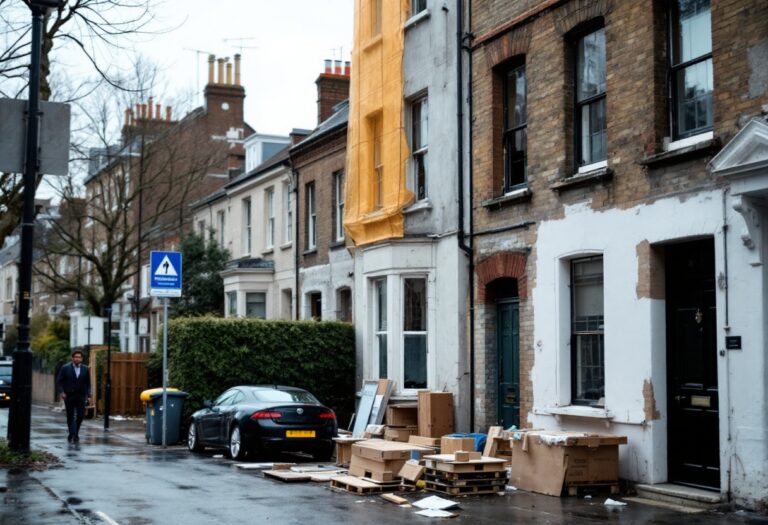Former politician urges collaboration among governments to resolve housing issues.

Topics covered
In a recent statement, newly appointed Lord Gove of Torry has urged decision-makers to cease the “finger pointing” regarding the Raac crisis that has significantly impacted homeowners in his community. Gove, a former politician and now editor of The Spectator magazine, expressed his concerns about the ongoing issues faced by residents in Torry, Aberdeen, as they grapple with the implications of Reinforced Autoclaved Aerated Concrete (Raac) in their homes.
Understanding the Raac crisis
The Raac crisis has emerged as a pressing issue for many homeowners in Torry, where the discovery of this potentially hazardous concrete in local authority-built housing has led to chaos and uncertainty. Homeowners are reportedly facing significant financial losses, with estimates ranging from £35,000 to £55,000 on average when attempting to sell their properties.
This alarming situation has prompted calls for immediate action from various stakeholders, including local government officials and housing advocates.
Call for collaboration among governments
During an exclusive interview with the Press and Journal, Gove acknowledged the plight of Torry residents over the past year.
He emphasized the need for collaboration among the UK Government, Scottish Government, and Aberdeen City Council to effectively address the crisis. “When I was in government, we tried to set to deal with unsafe buildings after Grenfell. I do feel we should get the UK Government, Scottish Government, and Aberdeen City Council to work together rather than finger pointing,” he stated. Gove’s comments reflect a growing frustration among residents who feel abandoned in their time of need.
Government response and community impact
Despite the urgency of the situation, the response from government officials has been less than satisfactory. The Scottish Government has categorized the Raac issue as a matter of “building maintenance,” placing the onus of responsibility on building owners for any costs incurred. This stance has left many residents feeling unsupported and anxious about their housing situations. Meanwhile, the UK Government has yet to outline a comprehensive response to the crisis, further exacerbating the uncertainty faced by homeowners.
As the situation continues to unfold, the Press and Journal has launched a campaign to support Aberdeen homeowners trapped by Raac. The campaign aims to amplify the voices of those affected and push for a resolution that prioritizes the safety and well-being of residents. With a meeting scheduled between housing minister Paul McLennan and local campaigners, there is hope that the concerns of Torry residents will finally be addressed.
In conclusion, the Raac crisis in Torry serves as a stark reminder of the importance of collaboration among government entities in addressing housing issues. As Lord Gove advocates for unity, it is crucial for decision-makers to prioritize the needs of residents and work towards a sustainable solution that ensures their safety and security.




